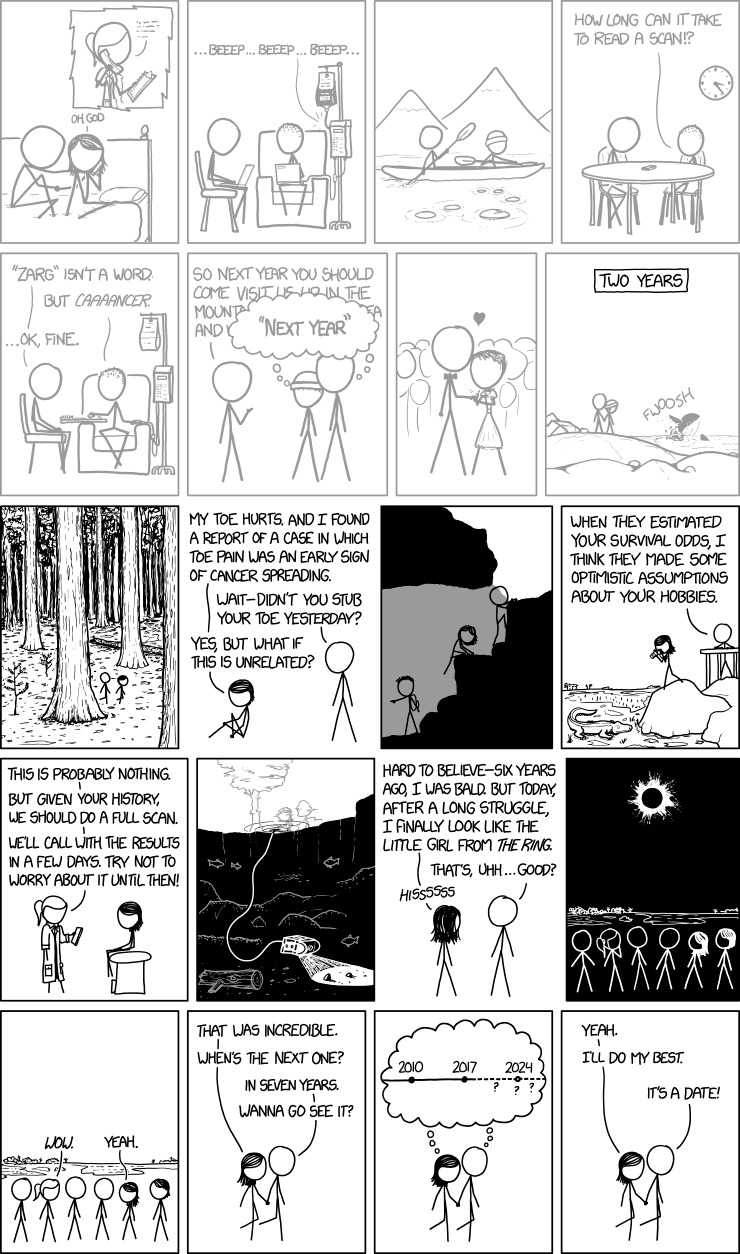This has come up time and again but for some reason I have seen it more often in my Facebook feed in the last few weeks. Friendships - they come and go. We make friends and we lose friends. Some friends we lose when we change and move on - maybe we used to work together, live next door to each other, go to school together, or some other commonality which held us together but doesn't any more.
Other times we opt to lose our friends when they appear to have changed. The point is from your perception you don't really want them as a friend any more. For instance, if you had a friend and they did something unethical/illegal wouldn't you be uncomfortable with their friendship? I don't know anyone who did anything illegal but can think of a several instances where two different friends made me very uncomfortable with their ethical choices.
Or what if you think your friend is developing emotional issues and they refuse to take care of themselves, to take any advice on it, and do not consider themselves to have any emotional problems. An example is that if you had a friend who became a hoarder, what would you do? What can you do? Hoarding is characteristic which is telling us something more is going on with them emotionally. They need help but if they are in denial over their situation, what can you do?
What if you think your friend is just using you? I had a friend and, I kid you not, for a couple of years she used to call me to see how the traffic was before she drove home from work. Her rationale was that I was home and could look it up on the TV for her. I finally resorted to telling her, for several months, that I have no idea, the TV isn't on, before she finally figured this out. Um, you have the internet don't you?
Then there are the people who are chronically late, for everything. All the time. They can't get anywhere on time. Being late happens to everyone - a flat tire, etc - but not every single time. And late by an hour or more. It is incredibly rude to be late. It says 'I am way more important than anyone else so everyone can just wait for me'. Did you ever try to get a group of people together for lunch at 12 and have one call at 5 til to say they just woke up and will be there in an hour? (I just wonder how people like that keep their jobs because if they can't do anything on time, can they ever meet a work deadline?)
Finally, another part of friendships is what if you have changed? That is certainly the case with me. I have changed significantly over the last decade. My health has been greatly altered and I no longer have the same coping skills I did before. I don't have the patience or the physical ability to wait for people. Nor can I cope with anyone else's emotional issues. I have plenty of my own these days. It upsets me that I don't have the physical and emotional bandwidth I used to and I work on coping with that.
I also realize that I can no longer do a lot of the things I used to do - like hike, go out to dinner, stay up late, etc - so the friends I used to see at those events I no longer do see. But I would be happy to see them if things worked out and I was physically able to attend.
As my life has changed my friends have changed. It can be sad to lose friends but sometimes its necessary to lose them.
